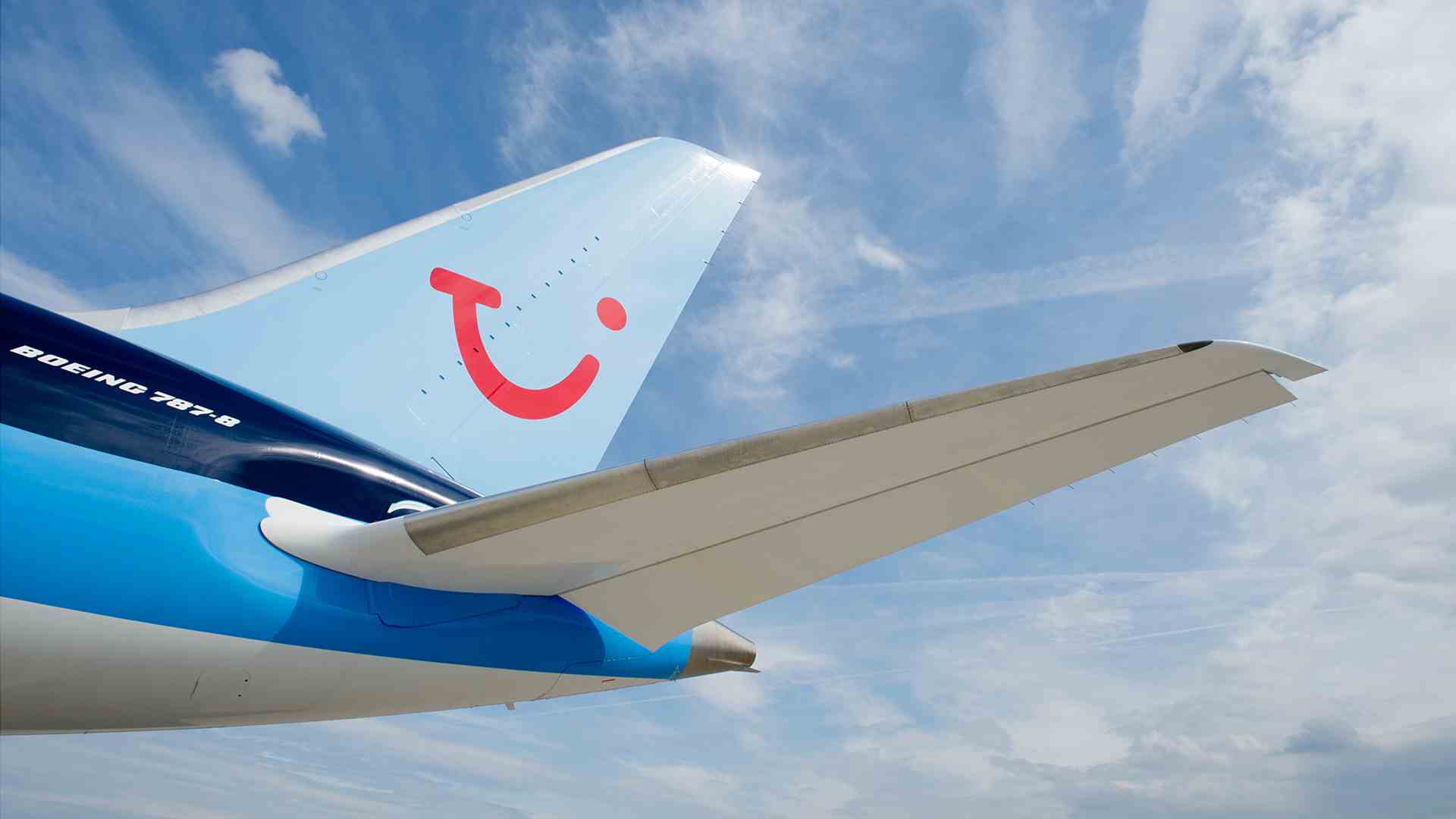Status: 05/18/2022 11:20 a.m
The travel group TUI has again issued further shares in order to use the proceeds to repay the state aid from the Corona crisis. Paper suffers considerably from this on the stock exchange.
The travel group TUI wants to repay the state aid with further support from private investors. The company has issued 162.3 million new shares – at a price of EUR 2.62 per share. With the 425 million euros that have now been raised, the German-British group plans to repay financial injections that it received from the German state after the collapse of tourism in the corona pandemic.
Billions against bankruptcy
Specifically, TUI now wants to use the proceeds and available cash to repay one of the two silent participations of the State Economic Stabilization Fund (WSF) with a volume of 671 million euros. The world’s largest tour operator also wants to reduce a credit line from the state development bank KfW by another 336 million euros, which would then still be a good 2.1 billion euros. In addition, there is another silent participation of the WSF for 420 million euros and a so-called bond with warrants for 59 million euros.
The state had saved TUI from the end with a total of 4.3 billion euros in financial aid in the Corona crisis. Since then, the group has raised more than two billion euros in fresh capital from shareholders in three steps.
Business is better again
TUI had to cope with billions in losses due to the pandemic, but the travel business has recovered significantly in recent months. CEO Fritz Joussen expects to return to profitability this year, at least in operational terms.
“The crisis was difficult, but tourism is unbroken,” said Joussen recently. The market has been thriving since governments lifted travel restrictions. 85 percent of the booking level of summer 2019 has been reached, and bookings have been even higher for six weeks.
Shareholders’ shares are “diluted”
The new shares were placed in the Xetra electronic trading system at a relatively high discount of more than nine percent on yesterday’s closing price. This had been 2.89 euros.
During stock exchange trading, the placement price was even undercut significantly with a low of EUR 2.56. Because the capital increase increases the supply of TUI shares, the future expected earnings are spread over a larger number of shares. The profits are thus “diluted”.

